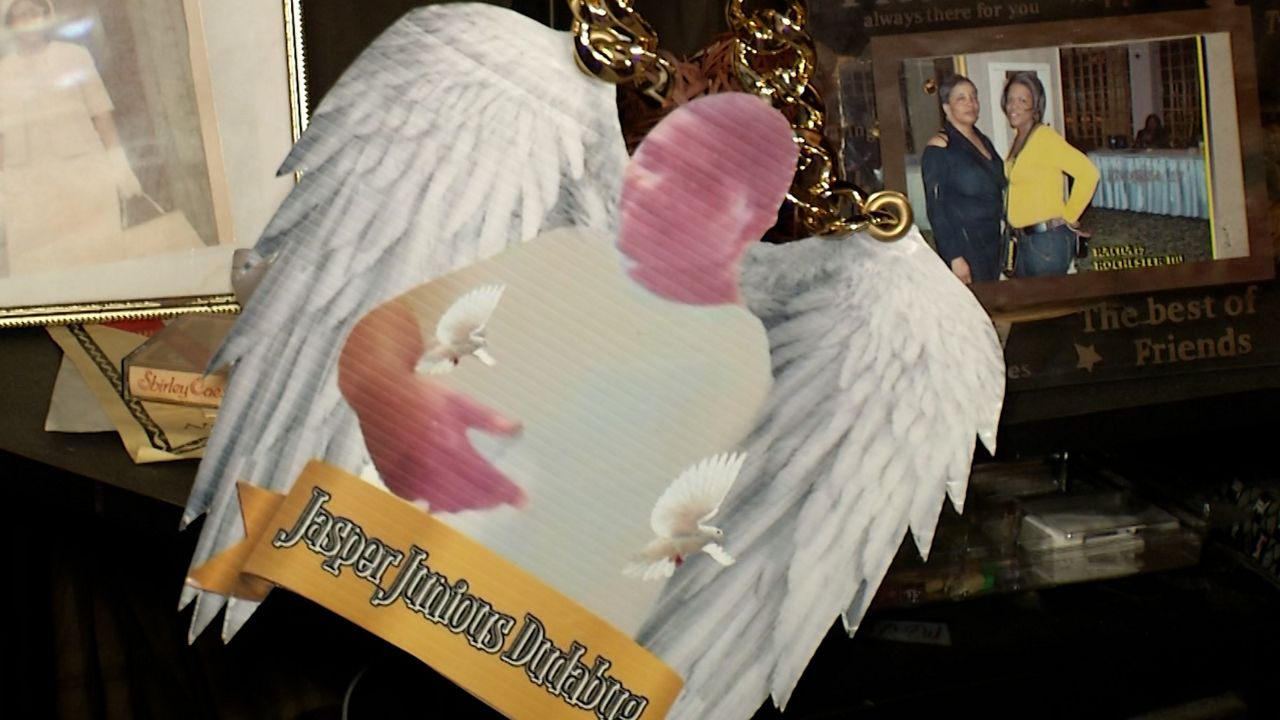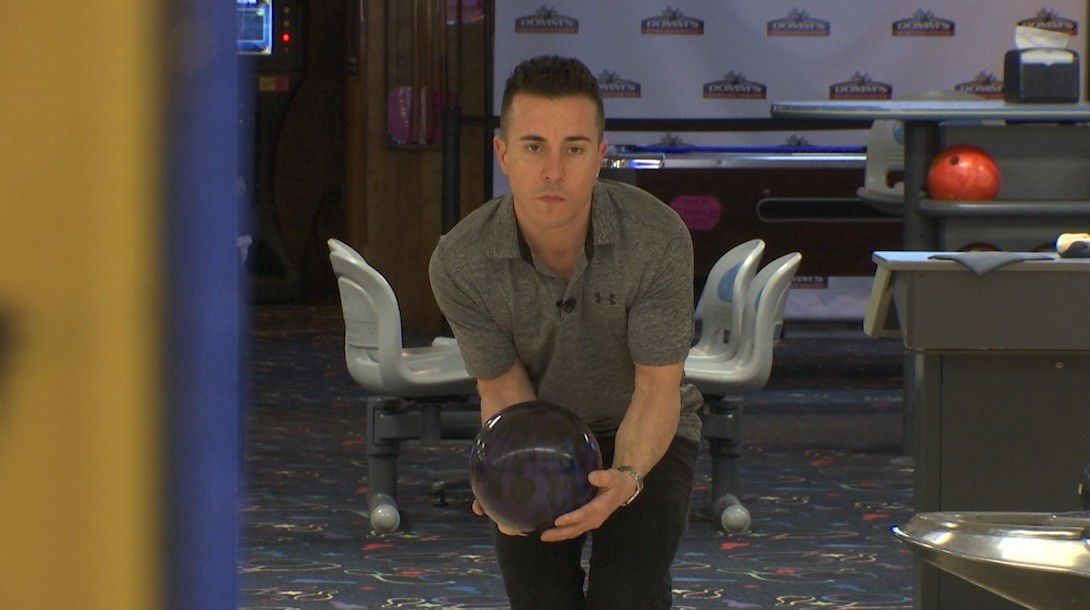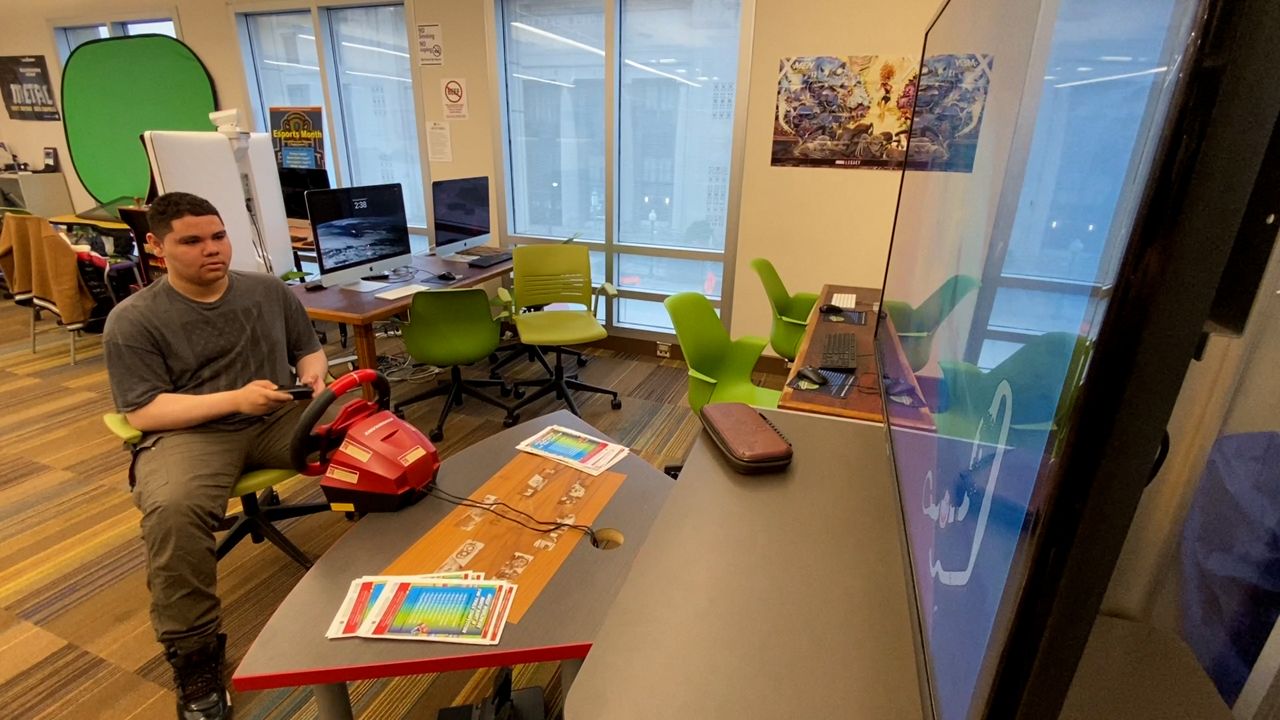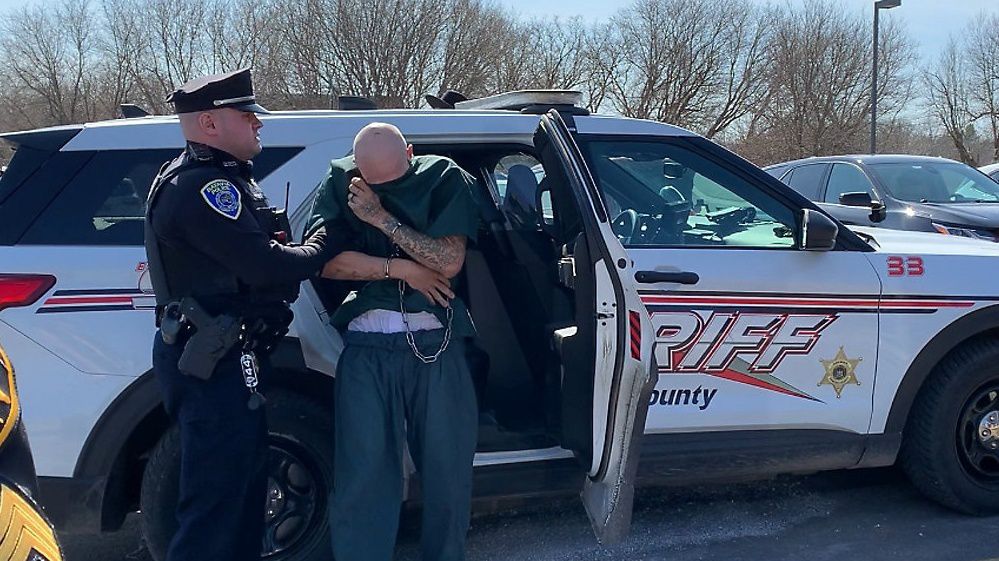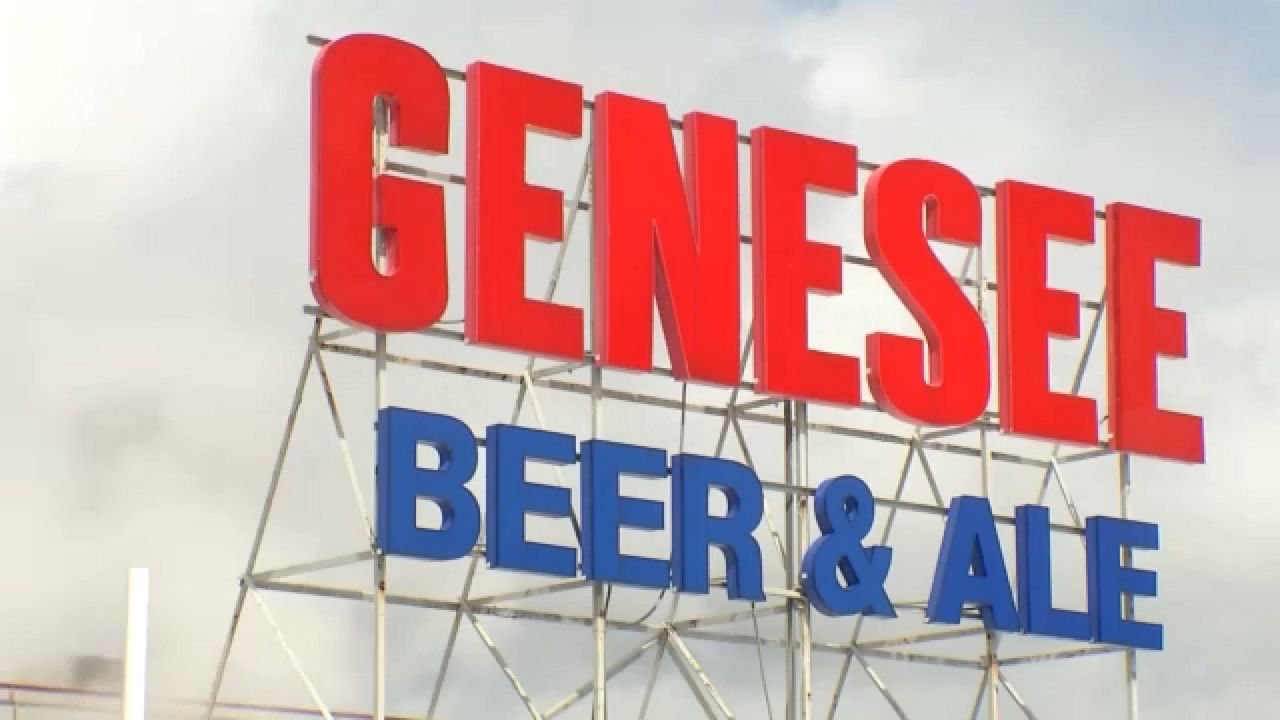ROCHESTER, N.Y. — First responders are taking calls for those in need of help for weather-related injuries.
American Medical Response (AMR) paramedics Riley Ranney and Catheryn Bell say they stock their rigs to best care for those suffering from cold- and winter-related injuries.
Bell, a clinical supervisor, talked about the most common types of calls this time of the year.
“We see a lot of increases in respiratory calls, a lot of falls and musculoskeletal injuries, a lot of hypothermic patients [and] increases in [motor vehicle collisions] due to the ice," she said.
The AMR first responders say one of the most common injuries is frostbite.
Operations manager and overnight captain Ranney says the treatment depends on the severity of the injury or illness.
“Frostbite can come in varying severities," said Ranney. "So once you hit a certain point, you're going to get numb, like frostbite in your extremities, and you might not realize that it's progressed that far and affecting things beneath the skin.”
The ambulances are specifically prepared for cold weather-related calls. They carry more hot packs, fluids that are warmed and specialty blankets.
“It's most important to get people out of the weather, out of that temperature, making sure that if they're wearing anything that's not damp, that that's removed and then getting them warm. So, things like blankets, we carry mylar blankets as well, which retain a lot of heat,” said Ranney.
“I like to put that down first and put a second blanket on top, because that’s what really keeps things insulated so then they’re kind of like cocooned,” said Bell.
The EMS team has some advice so you may not need to call on them for help during these frigid temps this winter.
“Avoid being outside for an extended period of time in the cold temperatures, but if you have to, make sure you're wearing layers," said Ranney. "One thick layer is not enough. You want to have multiple layers and making sure that top layer is water resistant is important. Making sure you're wearing insulated shoes as well as, like, insulated socks. You want good treads on your shoes to prevent slips and falls. And then hats, gloves, making sure that things like your ears and your fingers are covered when possible.”
Bell warns of another common problem this time of year to be wary of: carbon monoxide poisoning.
“A lot of folks like to try to heat their houses with their stoves, and they don't think about the CO effects. You have to make sure that your carbon monoxide detectors are working properly at all times," she said.
One more thing the first responders remind you to do is keep your walkways and entranceways free of snow and ice, so in case of an emergencies they can get to you sooner.






